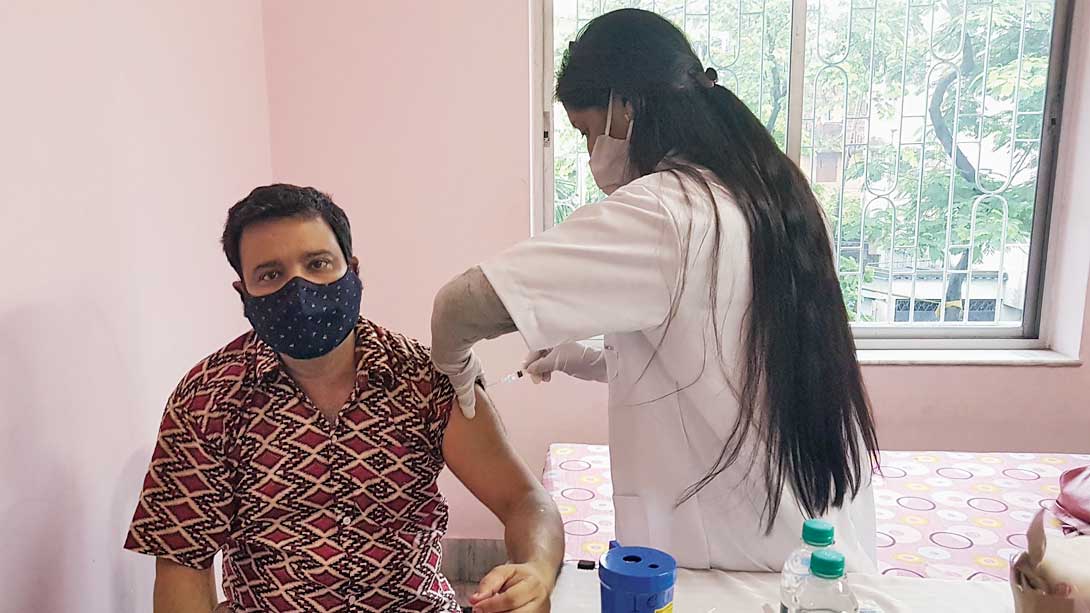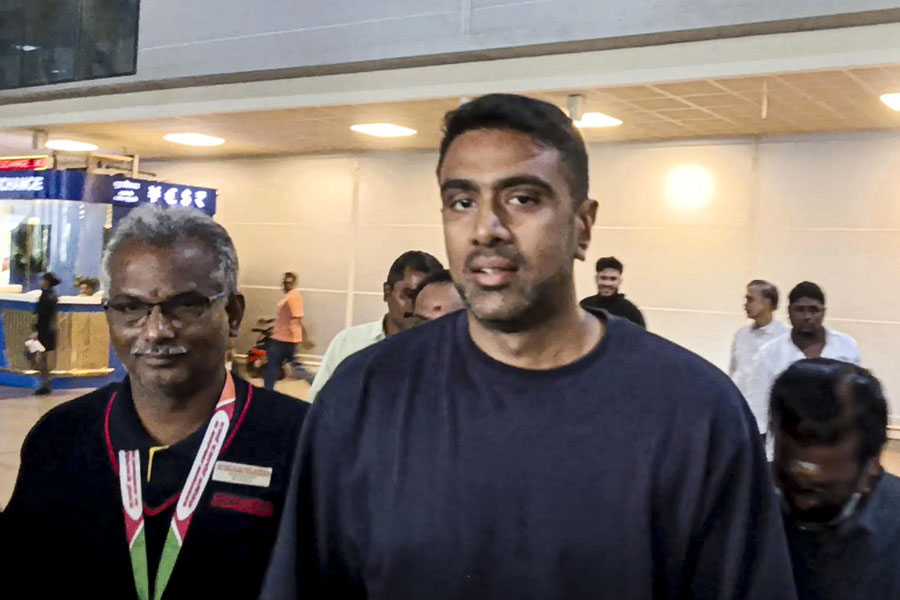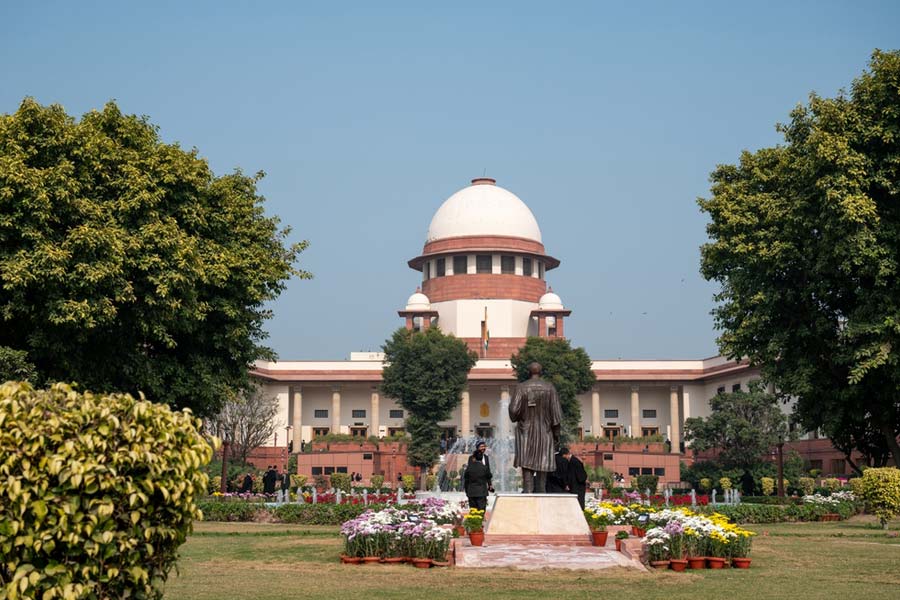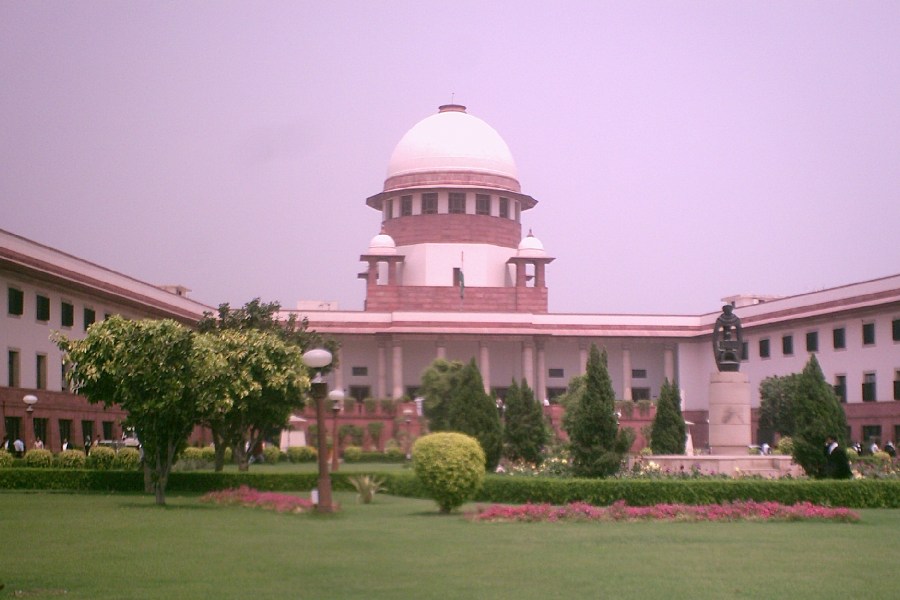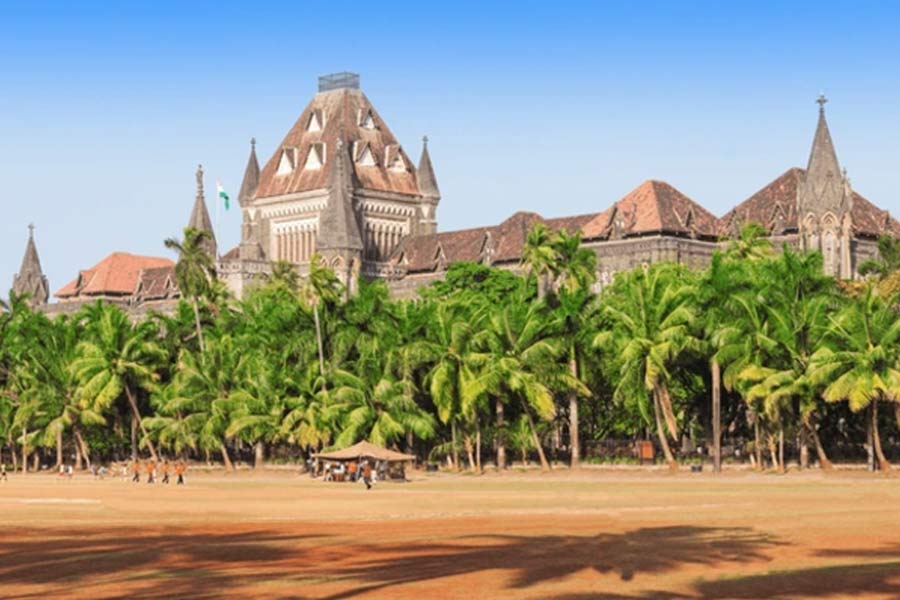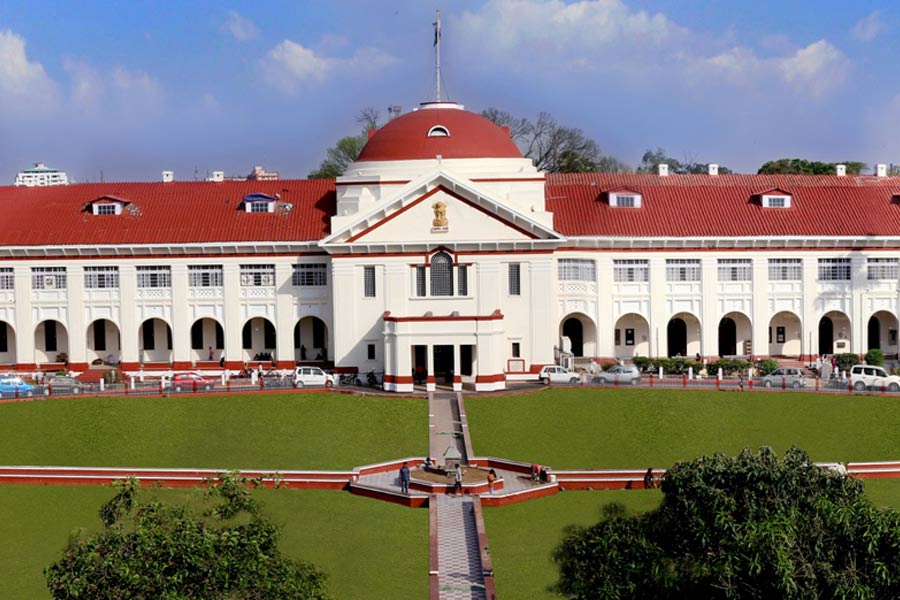The list of dangers that Indians have been facing during the Covid-19 crisis seems to be endless. Lives and livelihood have been lost on account of a marauding virus. It now appears that citizens are at risk even when they are purportedly receiving ‘vaccines’. In April, three elderly women in Uttar Pradesh were administered the rabies vaccine instead of the Covid shot; last month, it was discovered that around 20 people had been given different Covid vaccines for their first and second doses, even though the mixing of vaccines is disallowed in India at present. Matters have grown murkier since then. Over 2,000 people in Mumbai have been duped into taking fake Covid jabs at fraudulent vaccination camps; in Calcutta, 600-odd shots of an anti-bacterial drug were administered to people in the name of Covishield; the victims include a parliamentarian from Bengal’s ruling party.
The deceit — especially the scale of it — is consistent with some of the basic problems that continue to plague public healthcare. First among these is institutional oversight. It beggars belief that fraudulent individuals and agencies have been able to get away, thus far, with such mischief-mongering during an unprecedented health crisis. In Calcutta, the accused — he has been arrested for conducting illegal vaccination centers — even had access to an emblem used by the Calcutta Municipal Corporation; a thorough investigation must be conducted to reveal whether he had any accomplices in the municipality. Profiteering could well have been the motive here and this points to the shocking erosion of morality and ethics. This only underlines the need for greater scrutiny of the veracity of vaccination camps run by voluntary organizations and self-proclaimed philanthropists and the new guidelines for off-site jab camps should have come earlier. The administration may, understandably, be stretched at a time like this but the safety of citizens cannot be left to the mercy of unscrupulous elements. The other, equally formidable, challenge concerns the skill sets of frontline workers. This point is not being made to belittle this community. Indeed, the little success that India has had in its unequal battle with the coronavirus can be attributed to the untiring services of its frontline workers, most of whom are overworked and underpaid. But as the examples of lapses certify, there is scope for better training for the personnel. This is because a slip on their part could further intensify the scourge of vaccine hesitancy among the people which, in turn, could heighten the risk of yet another deadly wave.

